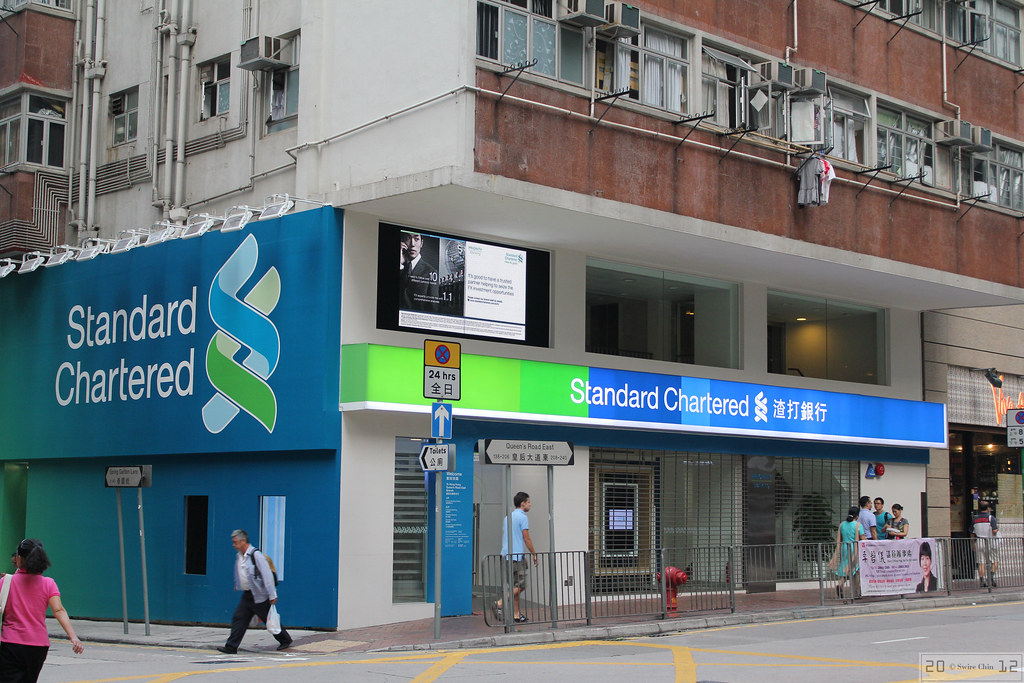Standard Chartered Bank, a British financial institution, has concluded its plans to shut down some of its branches in Nigeria.
Citing insiders’ account of this development, Bloomberg reports that Standard Chartered as part of moves to improve its digital financial services and be known as a major player, would discontinue its operations in Nigeria by only 50%.
The Nigerian subsidiary of the London-based bank, had since last year’s December started shutting down its branches in the country, and insiders expressed conviction that the trend would continue till the financial institution’s physical presence will only be 13 from about 25.
According to the insiders who preferred not to be mentioned in the report, by reducing its physical presence in Nigeria, Standard Chartered Bank will be strengthening its mobile banking services by recruiting agents to reach new customers and handle cash deposits and withdrawals across the country.
What you should know
In view of the reality in the Nigerian financial market, which experts argued is a revolution, the trend is not surprising, as traditional banks, and tech companies are now adopting financial technology (fintech).
Headquartered in United Kingdom (UK), Standard Chartered re-entered the Nigerian market in 1999, and since that time, it has centred its operations on corporate banking. But now, due to the revolution aiding the country’s financial inclusion goal, the lender is now increasing its level of attention to retail banking, which has led to the introduction of digital lending.
Amongst other reasons, Chartered Bank started shutting down its physical branches having realised that it could save operational cost by developing a banking framework that will empower authorised agents within communities to sell their products and services.
CBN’s commitment to fulfilling its financial inclusion goal
In 2012, the Central Bank of Nigeria (CBN) launched the National Financial Inclusion Strategy at a time when about 46.3% of Nigerian adults were excluded from financial services.
Amongst other things, the strategy’s goal was aimed at cutting down the exclusion rate to 20% by 2020. Two years prior to this time, about four years after Godwin Emefiele emerged as the apex bank governor, CBN published a revised strategy aimed at setting a clear agenda for significantly increasing access to and usage of quality and affordable financial services in Nigeria.
In 2019, Emefiele disclosed that the CBN was now targeting 95% financial inclusion rate by 2024.
BizWatch Nigeria understands that CBN’s increasing focus on financial inclusion has attracted appraisals from experts and financial institutions, with World Bank saying Nigerians will have more access to useful and affordable financial products and services that meet their needs.













